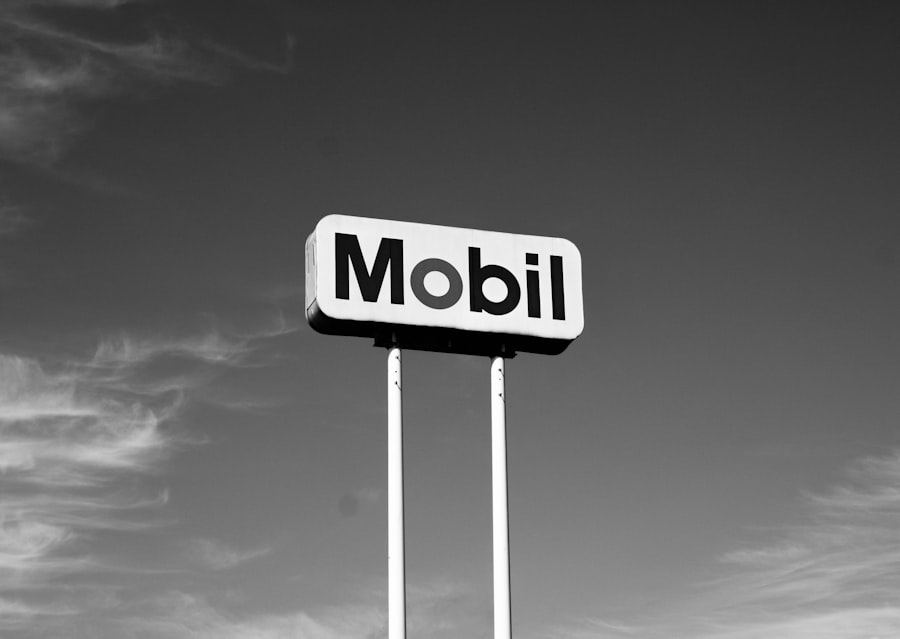Mobile home insurance is a critical component of financial security for individuals and families living in manufactured homes. Unlike traditional homeowners insurance, mobile home insurance is specifically designed to address the unique risks associated with mobile and manufactured homes. These homes, while often more affordable and flexible in terms of location, can be particularly vulnerable to certain types of damage, such as windstorms, floods, and fire.
Without adequate insurance coverage, homeowners may face significant financial burdens in the event of a disaster, which could lead to loss of property, personal belongings, and even displacement. Moreover, mobile home insurance not only protects the physical structure but also provides peace of mind. For many, a mobile home represents a significant investment and a place where cherished memories are made.
Insurance serves as a safety net, ensuring that in the face of unforeseen events, homeowners can recover and rebuild. Additionally, lenders often require mobile home insurance as a condition for financing, making it not just a personal choice but a necessity for those looking to secure loans for their homes. Thus, understanding the importance of mobile home insurance is essential for safeguarding one’s investment and ensuring long-term stability.
Key Takeaways
- Mobile home insurance is important for protecting your investment and providing financial security in case of damage or loss.
- Types of coverage for mobile homes include property coverage, liability coverage, personal property coverage, and additional living expenses coverage.
- Liability coverage protects you in case someone is injured on your property and you are found responsible.
- Personal property coverage protects your belongings inside the mobile home in case of damage or theft.
- Additional living expenses coverage helps cover the cost of temporary housing if your mobile home becomes uninhabitable.
Types of Coverage for Mobile Homes
Mobile home insurance typically encompasses several types of coverage tailored to meet the specific needs of homeowners. The most common type is dwelling coverage, which protects the physical structure of the mobile home itself against various perils such as fire, theft, vandalism, and certain natural disasters. This coverage is crucial because it ensures that the homeowner can repair or replace their home in the event of significant damage.
Depending on the policy, dwelling coverage may also extend to attached structures like decks or porches. In addition to dwelling coverage, mobile home insurance often includes other essential components such as liability coverage and personal property coverage. Liability coverage protects homeowners from legal claims arising from injuries or damages that occur on their property.
For instance, if a guest slips and falls while visiting, liability coverage can help cover medical expenses and legal fees. Personal property coverage, on the other hand, safeguards the homeowner’s belongings within the mobile home, including furniture, electronics, and clothing. This type of coverage is vital for ensuring that personal items are protected against theft or damage caused by covered events.
Understanding Liability Coverage

Liability coverage is a fundamental aspect of mobile home insurance that provides financial protection against claims resulting from injuries or damages that occur on the insured property. This type of coverage is particularly important for homeowners who frequently host guests or have children playing in the yard. For example, if a visitor trips over an uneven surface on the property and sustains an injury, liability coverage can help cover their medical expenses and any legal costs associated with potential lawsuits.
The limits of liability coverage can vary significantly between policies, so it is essential for homeowners to assess their needs carefully. Many policies offer a minimum level of liability protection, but it may be wise to consider higher limits based on individual circumstances. Factors such as the number of visitors to the home, the presence of pets, and the overall safety of the property can influence the amount of liability coverage needed.
Homeowners should also be aware that certain exclusions may apply; for instance, incidents involving intentional harm or business activities conducted on the premises may not be covered under standard liability provisions.
Protecting Your Belongings with Personal Property Coverage
| Types of Coverage | Details |
|---|---|
| Personal Property Coverage | This coverage helps protect your belongings, such as furniture, clothing, and electronics, from covered perils like theft, fire, and vandalism. |
| Policy Limits | Insurance policies have limits on the amount of coverage for personal property, so it’s important to review and understand these limits. |
| Deductibles | Consider the deductible amount when choosing personal property coverage, as this is the amount you’ll need to pay out of pocket before the insurance kicks in. |
| Inventory Documentation | Keeping an inventory of your belongings can help in the event of a claim, so consider documenting your personal property with photos or a written list. |
Personal property coverage is an integral part of mobile home insurance that ensures homeowners can recover their belongings in case of loss or damage. This type of coverage typically protects items such as furniture, appliances, clothing, and electronics from various risks like theft, fire, or water damage. For instance, if a fire were to break out in a mobile home and cause extensive damage to personal belongings, personal property coverage would help reimburse the homeowner for their losses.
It is important for homeowners to take inventory of their possessions when selecting personal property coverage. Many policies allow homeowners to choose between actual cash value (ACV) and replacement cost coverage for their personal belongings. ACV takes depreciation into account when determining reimbursement amounts, meaning that older items may yield lower payouts than their original purchase price.
In contrast, replacement cost coverage provides funds to replace damaged items with new ones at current market prices, offering more comprehensive protection for valuable possessions.
Additional Living Expenses Coverage
In situations where a mobile home becomes uninhabitable due to a covered loss—such as fire or severe storm damage—additional living expenses (ALE) coverage comes into play. This type of insurance helps cover the costs associated with temporary housing and other necessary expenses incurred while the home is being repaired or rebuilt. For example, if a family must stay in a hotel while their mobile home undergoes repairs after a fire, ALE coverage would help pay for lodging costs as well as meals and other living expenses that exceed their normal budget.
The specifics of ALE coverage can vary by policy; some may have limits on how long expenses will be covered or caps on daily allowances for lodging and meals. Homeowners should carefully review these details when selecting a policy to ensure they have adequate protection in case they need to relocate temporarily. Understanding how ALE works can provide significant peace of mind during stressful situations when immediate housing solutions are necessary.
Understanding the Difference Between Actual Cash Value and Replacement Cost Coverage

When it comes to mobile home insurance, understanding the distinction between actual cash value (ACV) and replacement cost coverage is crucial for homeowners seeking adequate protection for their investments. Actual cash value takes depreciation into account when determining the payout amount for damaged or lost items. This means that if a homeowner’s ten-year-old television is destroyed in a fire, they would receive compensation based on its current market value rather than its original purchase price.
While ACV policies tend to have lower premiums, they may not provide sufficient funds to replace items with new equivalents. On the other hand, replacement cost coverage offers a more comprehensive safety net by reimbursing homeowners for the full cost of replacing damaged items without factoring in depreciation. Using the previous example, if that same television were covered under a replacement cost policy, the homeowner would receive enough funds to purchase a new television at current market prices.
While replacement cost policies generally come with higher premiums than ACV policies, they provide greater financial security and peace of mind in the event of loss or damage.
Factors That Affect Mobile Home Insurance Premiums
Several factors influence mobile home insurance premiums, making it essential for homeowners to understand how these elements can impact their overall costs. One significant factor is the age and condition of the mobile home itself; older homes may be more susceptible to damage and thus attract higher premiums. Additionally, the location of the mobile home plays a crucial role; homes situated in areas prone to natural disasters such as floods or hurricanes typically face higher insurance costs due to increased risk.
Another important consideration is the level of coverage selected by the homeowner. Policies with higher limits or additional endorsements will naturally result in increased premiums. Furthermore, personal factors such as credit history can also affect rates; insurers often use credit scores as an indicator of risk when determining premiums.
Homeowners who maintain good credit may qualify for lower rates compared to those with poor credit histories. Lastly, safety features such as smoke detectors, security systems, and fire extinguishers can lead to discounts on premiums by reducing overall risk.
Tips for Finding the Right Insurance Policy for Your Mobile Home
Finding the right insurance policy for a mobile home requires careful consideration and research to ensure adequate protection at an affordable price. One effective strategy is to shop around and obtain quotes from multiple insurance providers. Each company may offer different rates and coverage options based on their underwriting criteria; therefore, comparing quotes can help homeowners identify the best deal tailored to their specific needs.
Additionally, it is advisable to assess individual requirements before finalizing a policy. Homeowners should consider factors such as location risks, personal belongings’ value, and any unique features of their mobile home that may require specialized coverage. Engaging with an insurance agent who specializes in mobile homes can also provide valuable insights into available options and help navigate complex policy details.
Finally, reviewing policy terms carefully before signing is crucial; understanding exclusions and limitations can prevent unpleasant surprises during claims processing. Homeowners should also inquire about potential discounts for bundling policies or implementing safety measures within their homes. By taking these steps and remaining proactive in their search for mobile home insurance, homeowners can secure comprehensive protection that aligns with their financial goals and lifestyle needs.

